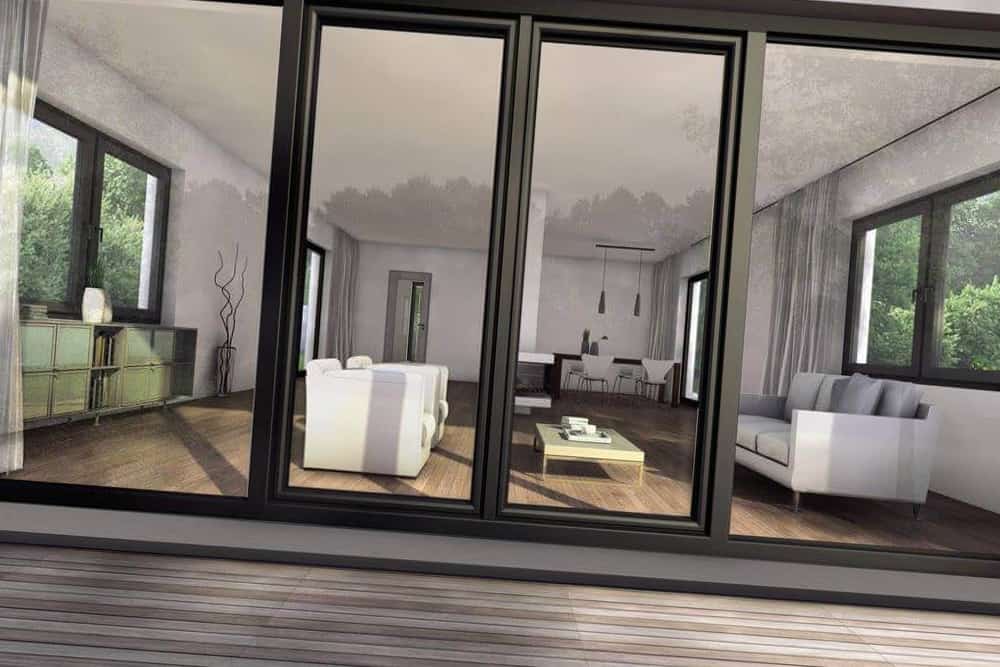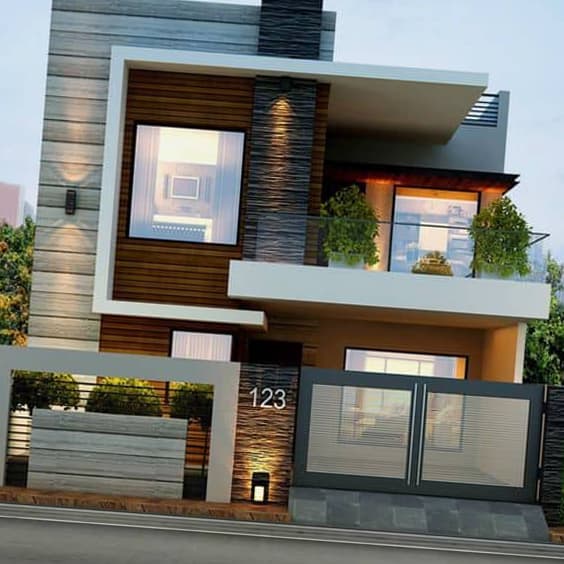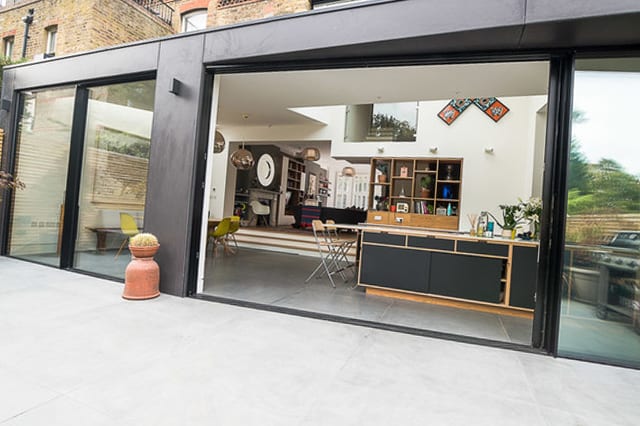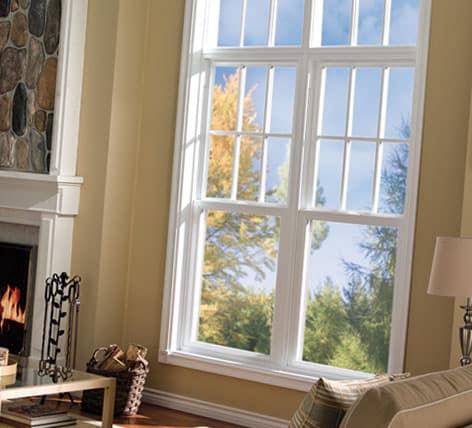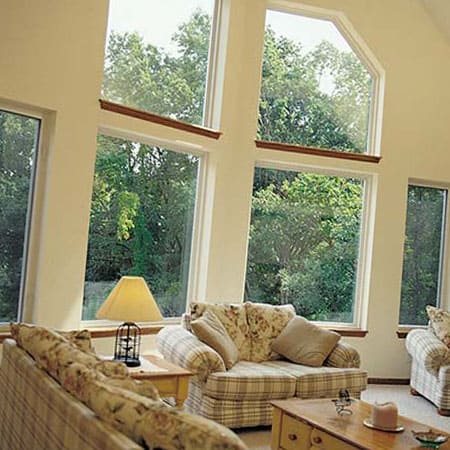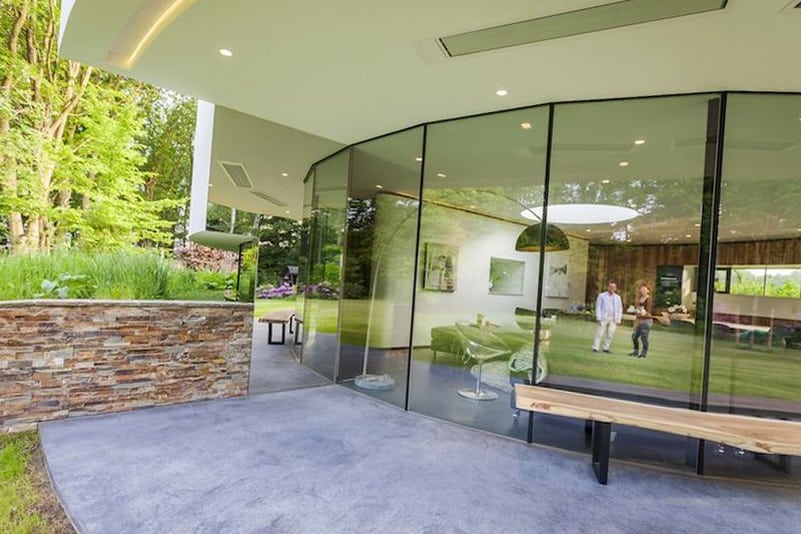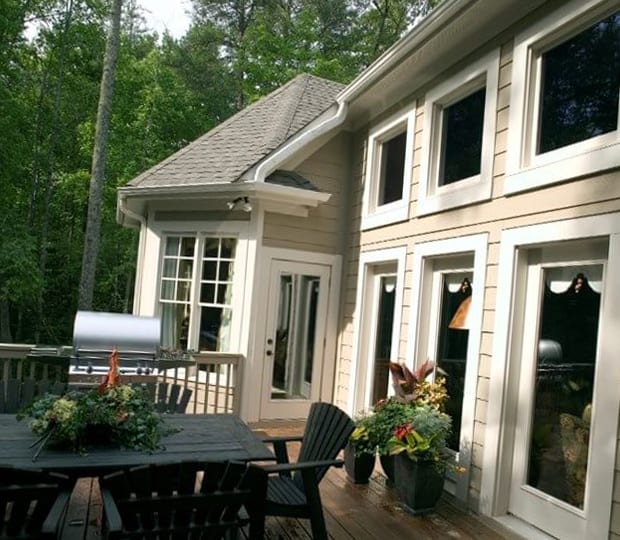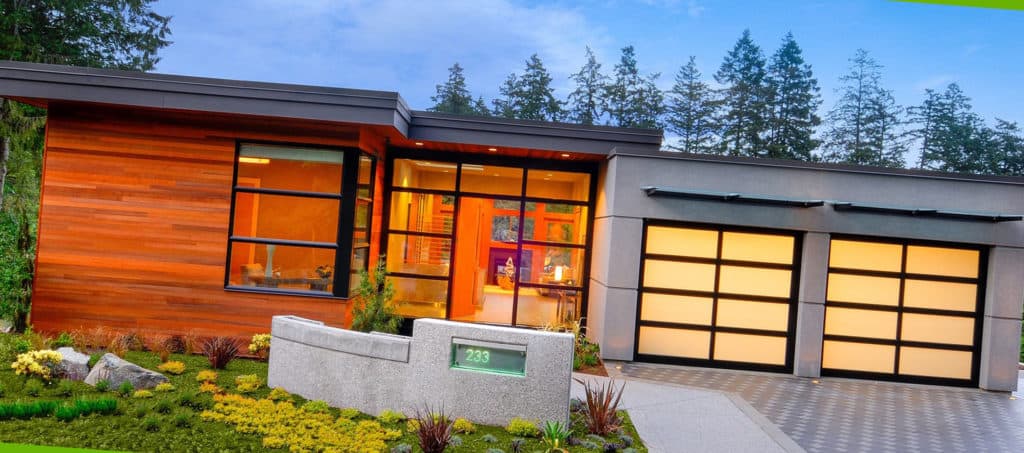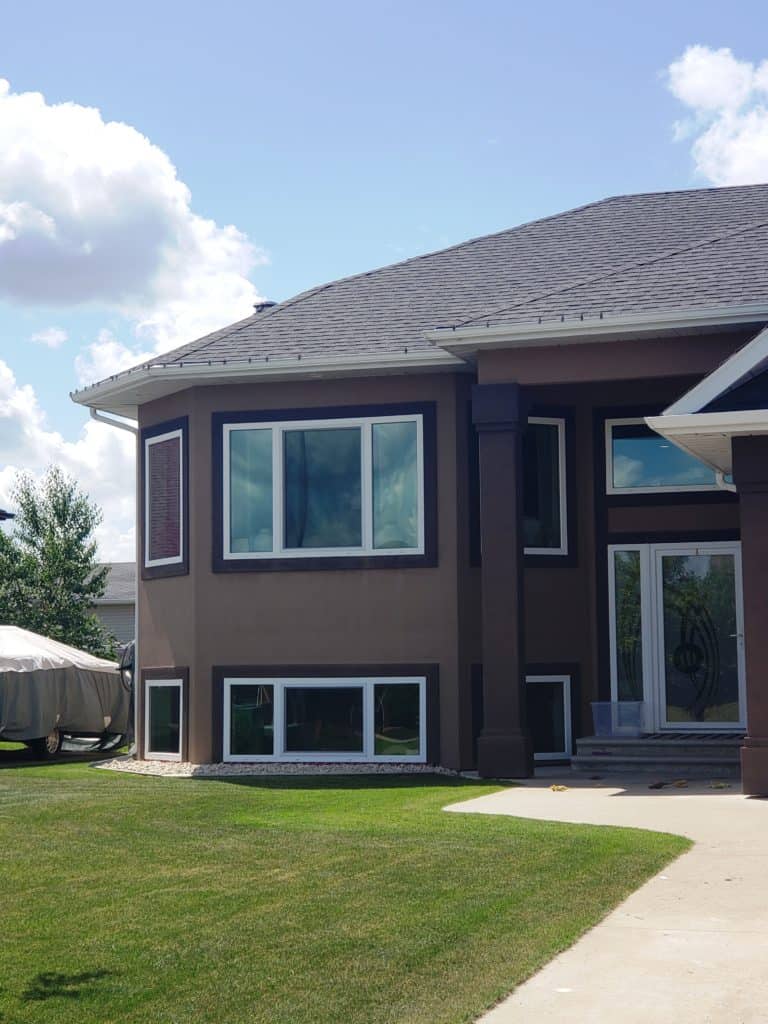German windows and doors have many outstanding characteristics which make them rather unique. For example, the double-point locking and solid wood core molding. Some others also use zinc and even aluminum coated core. Unlike ever before, however, there are more sellers pushing German doors and windows as a premier choice. These doors are being viewed by many homebuyers today as a stylish alternative to older styles of French and contemporary design. In fact, in many cases, these new door designs rival those of contemporary doors.
One of the unique characteristics of German doors is their unusual styling. While contemporary designs often lean toward a neutral color, German windows and doors often incorporate bold colors or elaborate designs. The shapes may vary but the overall appearance is very different from other types of doors. This allows many homebuyers to enjoy an attractive addition to their home while still maintaining a sense of class and individuality.
Another great characteristic of the German windows and doors collection is their durability. Unlike traditional doors, the majority of the German windows and doors on the market today are manufactured with a thicker glass composition. This allows the glass to be more durable and resistant to the elements such as weather, temperature changes and even vandalism.
An advantage to purchasing German windows and doors are their energy efficiency. Compared to standard windows, the latest models feature a higher glass window weight which increases the insulation value of the entire building. Casement and tilt-up styles are particularly adept at helping to keep a building’s interior temperature cool in the summer and warm in the winter. For this reason, many homeowners prefer to choose the German models when replacing existing windows.
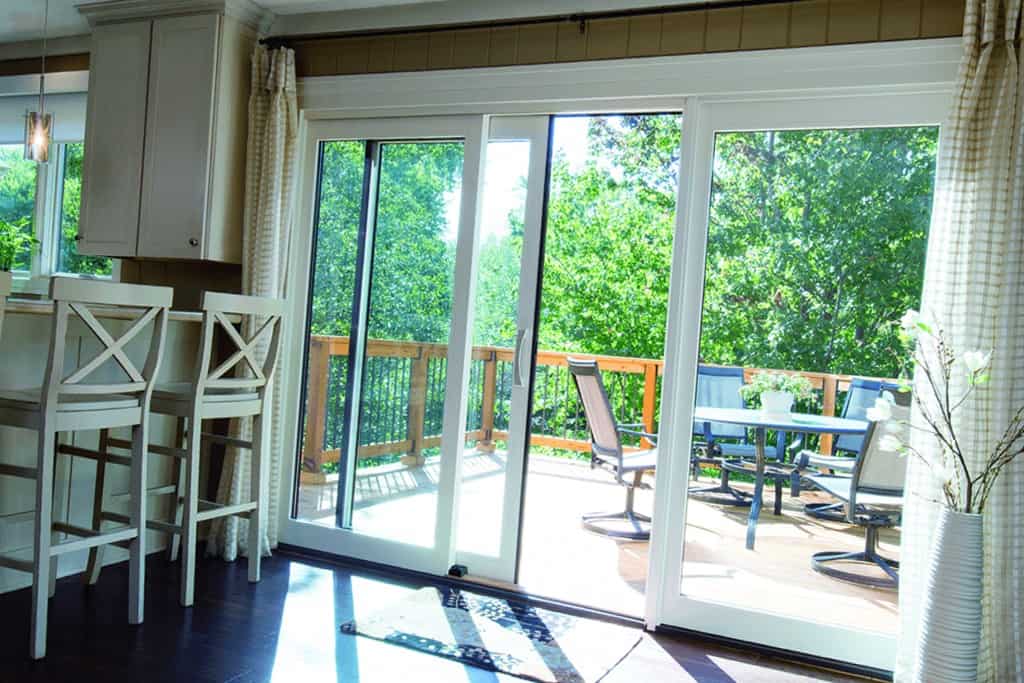
In addition, many German windows and doors feature a higher tint level that provides greater UV protection from the sun. In most instances the tinted glass features an improved clarity over the standard glass that is typically used in the typical American models. In addition to this benefit, most tilt-up and casement doors are also sealed to prevent air leaks, thus making the property more comfortable in the hot or cold weather.
The German windows and doors made by manufacturers in Germany are produced using high quality materials that contribute to its durability and energy efficiency. Some of the more commonly utilized materials include aluminum, steel, fiberglass and wood. Each of these materials contributes a unique quality to the German model selections that offer exceptional performance and durability. For example, German aluminum windows and doors are often preferred over the traditional vinyl windows that are commonly used for interior structures. Aluminum features a high strength factor, which contributes to the fact that it can resist extreme temperatures and is often used for commercial structures.
Another advantage of the German model selections are the use of special glass designs that help to enhance the exterior appeal of the property as well as to offer an effective resistance against vandalism and theft. In many instances, the tilt-up and casement doors feature an insulated glass panel that helps to maintain the temperature between the interior and exterior of the structure. This insulation is also provided on the top layer of the glass, which offers a high level of UV protection. Many of the modern German windows and doors use special locking mechanisms to make the security of the property even tighter.
The tilt-up and turn windows provide several unique benefits. One benefit includes the ability to tilt the glass up and down and allows for increased ventilation when there is low air pressure or high humidity in the air. Also, most tilt-up and turn windows feature a locking mechanism that helps to ensure the security of the door and the contents locked inside. These locking points are also used on many patio doors, which offer a way to keep the patio area safe from intruders.
